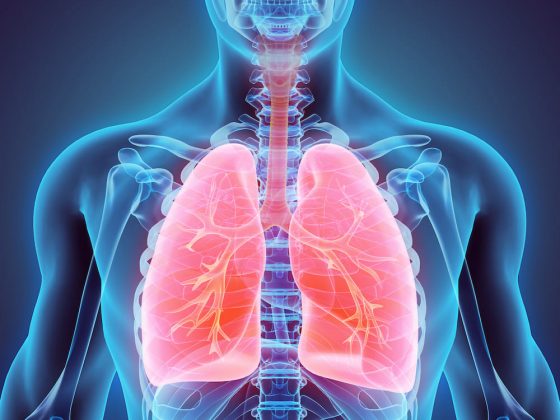Dichloroacetate, a drug targeting the metabolism, helped alleviate cancer related fatigue in mouse models of melanoma and colon cancer, reports a study published in the American Journal of Physiology Endocrinology and Metabolism, 2 October.
“This study tackles the long-understudied conundrum of CRF [cancer-related fatigue] treatment from multiple dimensions of muscle performance and metabolism. Our data reveal the critical role of nontumor metabolism in CRF induction and positions DCA as a potential therapeutic target for CRF in patients,” write the authors, who believe the treatment has potential to be practice changing.
Cancer-related fatigue, which impacts almost all patients undergoing cancer treatment, adversely affects their quality of life. “It’s an extreme fatigue that, unlike the fatigue we experience when we don’t sleep well or when we’ve gone for a long run, can’t be relieved with sleep,” Rachel Perry, the senior author, tells Cancerworld. Sometimes, she adds, it lasts for years after treatment has been completed. In patients with advanced cancer, CRF has been correlated with a high prevalence of mental health issues including anxiety, depression, and sleeping disorders. While there are treatments for aspects of CRF, including antidepressants, yoga and anti-inflammatory drugs, there are no viable pharmaceutical therapies for the constellation of symptoms that together constitute CRF.
Lactate, a substance closely associated with muscle fatigue, is known to be produced by tumours and often elevated in cancer patients. The team from Yale School of Medicine, led by Perry, hypothesised that DCA, already approved by the US FDA to treat lactic acidosis, might also be used to treat CRF and preserve physical performance during late-stage cancer. In a study published in August in Am J Physiol Endocrinol Metab, the team discovered when investigating whether DCA slowed tumour growth in murine models of melanoma (which it did not), that mice treated with DCA were much more active than control mice. “The phenotype was so clear that we couldn’t help but investigate it,” says Perry.
For the current study, mice implanted with YUMMER 1.7 melanoma tumours and MC 38 colon cancer tumours were randomly assigned to control or DCA groups and, in some cases, also to anti PD1 immunotherapy (in the case of YUMMER1.7 tumour-bearing mice) or 5-flourouracil chemotherapy (in the case of MC38 tumour-bearing mice). DCA was administered through drinking water immediately following injection of tumours.
Results show that, in comparison to untreated mice, DCA treated mice showed preserved grip strength (i.e. muscle strength), maximal oxygen consumption and maximal running speed (i.e. aerobic capacity), and good performance in the forced swim test (a combination of aerobic function and motivation for movement).
These effects were most likely due to reductions in circulating lactate. Plasma lactate concentration and lactate production significantly increased in late-stage untreated mice compared with the early stage of tumour progression. In late-stage treated mice, DCA eliminated the elevation in plasma lactate concentration.
Late-stage untreated animals, compared with untreated animals with early-stage tumours, exhibited increased muscle concentrations of six amino acids. DCA treated mice, however, showed no significant differences. “The increased concentrations of many amino acids observed in late-stage untreated tumour-bearing mice imply greater proteolysis in muscle from untreated tumour-bearing mice, while DCA may postpone cancer induced muscle wasting,” write the authors.
DCA did not decelerate tumour growth, indicating that the beneficial effects could not be attributed to smaller tumours. Finally, DCA did not compromise the effectiveness of immunotherapy or chemotherapy.
“Taken together, these results suggest that, without impairing efficacy of treatments or accelerating tumour growth, DCA holds promise to improve the adverse effects of CRF induced by immunotherapy or chemotherapy in murine models of melanoma and colon cancer, respectively,” write the authors.
Lactate is known to have a depressive effect on the brain. “So, we think that by depleting lactate, DCA is improving the mental health of the mice, although unfortunately we couldn’t ask them about this directly!” says Perry.
While the current study focused on melanoma and colon cancer, the team believe that it is likely that many other types of cancer would benefit from DCA. “We hope that this research will provide the bedrock for future clinical trials using DCA to treat the debilitating syndrome of CRF,” says Perry, adding that they are looking for clinical trial partners to help spearhead a trial.












